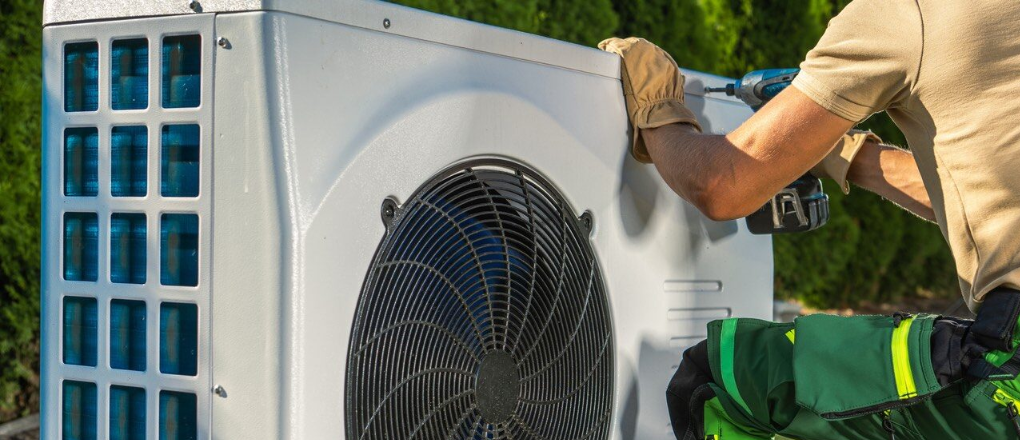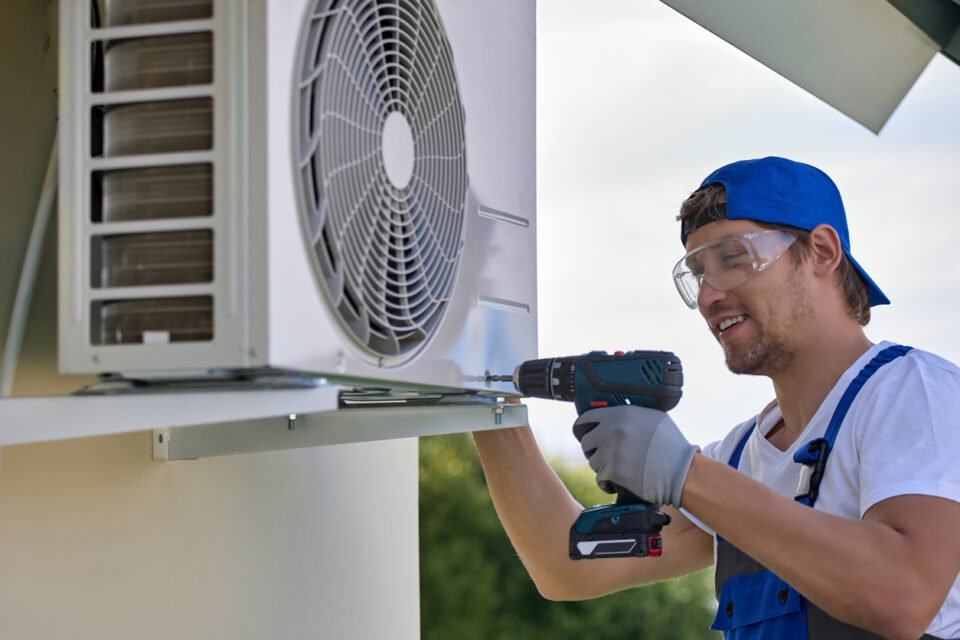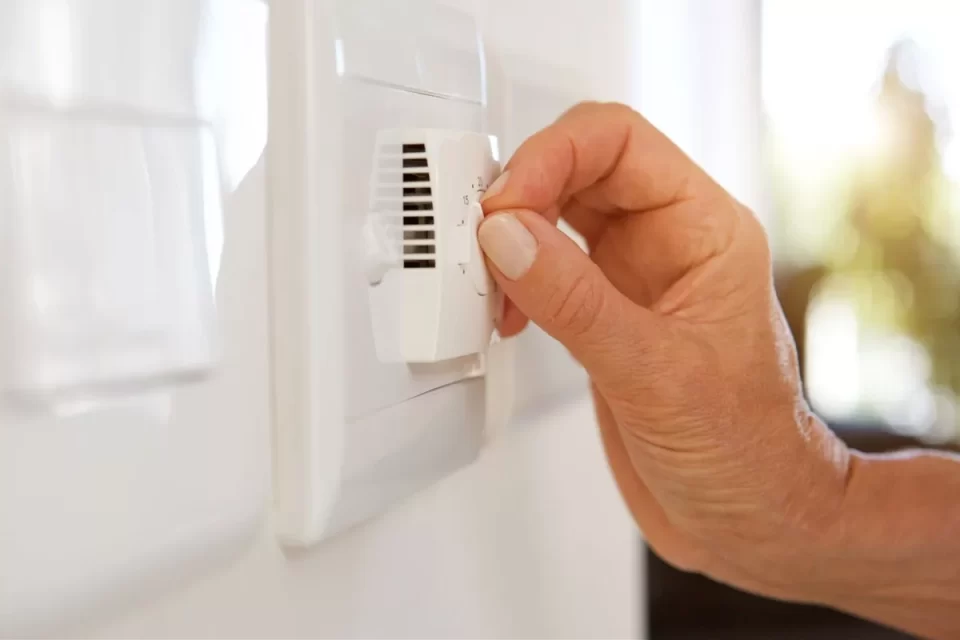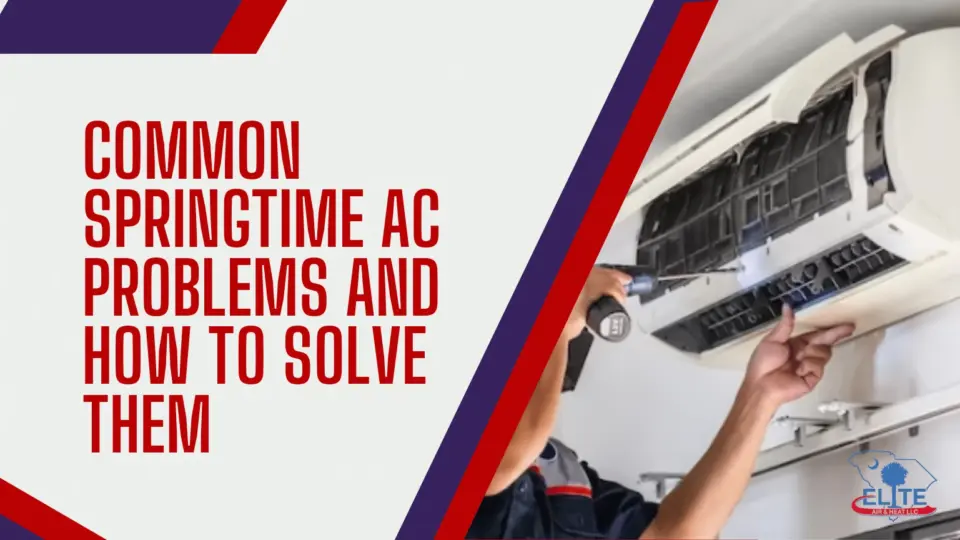Uneven heating in a home can be frustrating, especially when some rooms feel like a sauna while others remain chilly. One common culprit behind this imbalance is a malfunctioning damper.
Dampers play a crucial role in regulating airflow throughout the house, directing heated air to the right places. When they stop working properly, it can lead to poor airflow, causing certain rooms to get too much heat while others get little to none.
In fact, damper malfunctions are often overlooked, yet they have a big impact on your home’s comfort and energy efficiency. Understanding how dampers work and recognizing the signs of trouble can help homeowners address the issue before it gets worse.
What Are Common Signs Of A Damper Malfunction In A Heating System?
A faulty damper can be difficult to diagnose, but there are several tell-tale signs that indicate your system may be experiencing issues:
- Inconsistent Room Temperatures: If one room is noticeably warmer or cooler than others, it could be due to an issue with the damper regulating airflow.
- Cold Spots: Even in heated rooms, cold spots may appear due to insufficient air reaching certain areas.
- Strange Noises: A damper that’s stuck or struggling to open and close may cause unusual noises like rattling, clicking, or even banging.
- Higher Energy Bills: If your system is overworking to compensate for a malfunctioning damper, you’ll likely notice a spike in your energy bills.
- Poor Airflow: If air isn’t circulating properly in some rooms, it might indicate that the damper is stuck or not opening and closing as it should.
Identifying these signs early can help prevent larger issues down the line, such as an overworked HVAC system or an uncomfortable living environment.
How Do Damper Malfunctions Lead To Uneven Heating In Different Rooms?
The primary function of a damper is to regulate the flow of heated air to different rooms in your home. When dampers work correctly, they open and close to allow the right amount of air into each space, ensuring balanced temperatures.
When dampers malfunction, they can get stuck in either the open or closed position, leading to:
- Blocked Airflow to Certain Rooms: If a damper is stuck in the closed position, no warm air can reach the rooms it controls, leaving those areas colder than the rest of the house.
- Overheating in Some Areas: On the flip side, if the damper is stuck open, too much warm air may flood one or more rooms, making them uncomfortably hot.
- Inconsistent Air Distribution: In some cases, a partially functioning damper may only open or close halfway, leading to inconsistent airflow and uneven heating in various parts of your home.
This uneven distribution of heat creates discomfort, as some rooms may be too warm while others remain chilly.
Can A Faulty Damper Increase Energy Costs In A Home?
Absolutely. Damper malfunctions can significantly impact your home’s energy efficiency. Here’s how:
- Overworked HVAC System: When dampers aren’t functioning properly, your heating system has to work harder to try to maintain the desired temperature throughout your home. If a damper is stuck closed in one room, the system will continue running in an attempt to push warm air into that space, even if it never reaches it.
- Frequent Cycling: A malfunctioning damper can cause your HVAC system to cycle on and off more frequently, as it tries to adjust the temperature in different areas. This constant cycling consumes more energy and wears down your system faster.
- Unnecessary Heating in Empty Rooms: If dampers fail to close properly in unused or less frequently occupied rooms, you could be wasting energy heating spaces that don’t need it. This drives up energy bills without providing any real comfort or benefit.
In short, faulty dampers can lead to inefficient heating, forcing your HVAC system to work overtime and driving up energy costs.
What Role Do Dampers Play In Maintaining Consistent Indoor Temperatures?
Dampers are vital in achieving temperature control and ensuring that your home remains consistently comfortable. Here’s a look at their key roles:
- Regulating Airflow: Dampers control how much heated air enters each room. They open to allow more air in when a room needs heating and close when it’s warm enough. This regulation prevents rooms from becoming too hot or too cold.
- Zoning: In zoned HVAC systems, dampers are essential for creating different temperature zones within a home. For example, you might want your living room warmer in the evening while keeping bedrooms cooler. Dampers allow you to direct airflow accordingly.
- Energy Efficiency: When functioning properly, dampers help improve energy efficiency by distributing air only where it’s needed. This reduces the strain on your heating system and ensures that energy is used effectively.
- Temperature Balance: Without dampers, it would be nearly impossible to maintain balanced temperatures throughout a home. They allow your HVAC system to adjust for factors like room size, location, and insulation, ensuring consistent comfort.
Damper malfunctions may seem like a minor issue, but they can have a significant impact on your home’s comfort, energy efficiency, and even your wallet. Understanding the signs of damper malfunctions, their role in causing uneven heating, and how they affect energy costs can help you take action before problems escalate.
If you suspect a damper malfunction in your heating system, it’s important to have a professional HVAC technician inspect your system. They can diagnose the issue, repair or replace faulty dampers, and restore balanced temperatures to your home.
Keeping your dampers in good condition ensures that your heating system operates efficiently, providing consistent warmth where it’s needed most.
Why Elite Air & Heat LLC Is the Best Choice for HVAC Services
At Elite Air & Heat LLC, we pride ourselves on delivering top-tier HVAC services that prioritize your comfort and energy efficiency. Our team of certified technicians is highly trained to handle a wide range of HVAC issues, including damper malfunctions, uneven heating, and energy loss. We use the latest diagnostic tools and technology to ensure accurate solutions tailored to your home’s unique needs.
What sets us apart is our commitment to customer satisfaction. We offer 24/7 emergency services, transparent pricing, and flexible maintenance plans to keep your system running smoothly year-round. Whether you’re dealing with a minor damper issue or need a complete system overhaul, you can trust our expertise and dedication.
With Elite Air & Heat LLC, you’re not just getting a service—you’re partnering with a company that cares about the comfort, efficiency, and well-being of your home. Contact us today to experience the difference!
FAQs About Service Costs for HVAC Damper Repairs
How much does it cost to repair a faulty damper?The cost of damper repair can vary depending on the complexity of the issue and the type of damper in your system. On average, repairs may range from $150 to $350. For exact pricing, we recommend scheduling an inspection with one of our technicians at Elite Air & Heat LLC.
Is replacing a damper more expensive than repairing one?
Yes, replacing a damper is generally more expensive than repairing one. Replacement costs can range from $200 to $500 or more, depending on the type of damper and its location in the system. We will assess your situation and provide the most cost-effective solution.
Are there additional costs for emergency HVAC services?
Emergency services typically involve additional fees, but at Elite Air & Heat LLC, we offer competitive pricing even for urgent repairs. We strive to provide fast, reliable service without breaking the bank.
Contact Elite Air & Heat LLC Today!
Don’t let uneven heating or damper malfunctions affect your comfort. Call Elite Air & Heat LLC or schedule your service online today. Our expert team is ready to restore your system’s efficiency and keep your home warm all season long!




